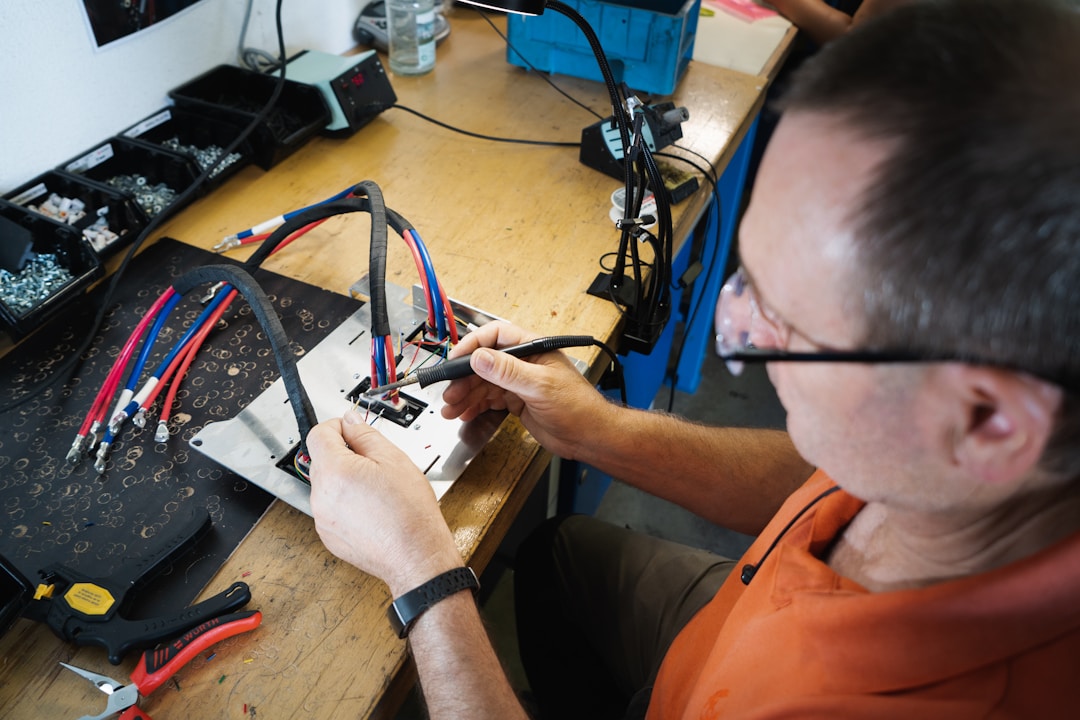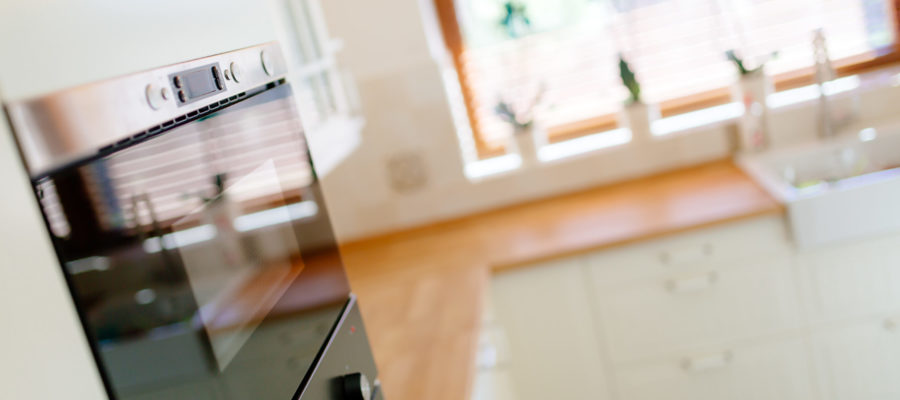When running a business, there are a lot of factors you need to take into consideration. For example, with a restaurant or grocery store, you have to keep up with the maintenance and care of your appliances, or else you risk losing food and money. Fortunately, there are several ways to protect your investments regarding your company’s appliances.
Preventative maintenance will always be the best approach within a business, whether you are talking about appliances, equipment, or vehicles you may have. However, sometimes it’s too late for preventative maintenance and you need to troubleshoot problems as they are happening. Here are a few ideas to troubleshoot appliance problems at work.
1. Check the electricity first.

Continuing with the example of a restaurant business, if you or an employee suddenly realize that one of the refrigeration units is not working, the first thing you should check is the electricity. It’s possible you have a blown fuse or a bad plug causing the problem, especially if your refrigerator is usually working. If you believe there is an electrical issue but you aren’t sure what to do, call a local electrician to come and inspect it.
In the meantime, you can plug the appliance into a different outlet, if possible, or hook it up to a generator. A backup generator will help ensure you don’t lose significant business, products, or supplies when there is an electrical outage. As the owner, it’s also important for you to know where the breaker box is and that all of the breakers are properly and clearly marked.
2. Find an experienced appliance repair service.

While there are many similarities, a commercial washing machine, refrigerator, dishwasher, stove, and oven are different from a residential washing machine, refrigerator, dishwasher, stove, and oven. You’ll want to find a technician that works specifically in commercial appliance repair to ensure they have the experience to solve the problems you are facing. Work with a company that understands the importance of fast emergency repairs, so when you call for help, someone can be there within 24 hours. The longer your equipment is broken down, the more it may be costing your business. Talk to your technician about the problem and what they are doing to fix it. It’s also essential to get a detailed summary of the work done with your invoice. If you have more problems or the original problem doesn’t appear to be fixed, you can go back to the repair company.
3. Schedule regular maintenance checks.

Many problems with commercial appliances can be spotted during a regular maintenance check, so you don’t have to deal with emergency problems that may cause you to lose inventory or temporarily close your business and lose revenue. Having your technician come in once or twice a year for general maintenance of your appliances will take care of ongoing concerns like cleaning and filters. It will also allow them to see potential problems before they become problems. For example, suppose a technician is doing a regular maintenance inspection and notices some of the hoses are cracking. They can be replaced before they break entirely, resulting in an emergency repair call which will be significantly more expensive.
When buying new appliances for your business, look into your options for warranties and insurance on the items. Also, make sure there are technicians in your area who work on those specific makes and models before purchase to make sure you can find help when you need it. It’s also a good idea to research the makes and models before you buy the appliances to see if other business owners report many problems with them. Getting reviews from other business owners will be your best approach to choosing appliances that will be reliable and cost-effective.
